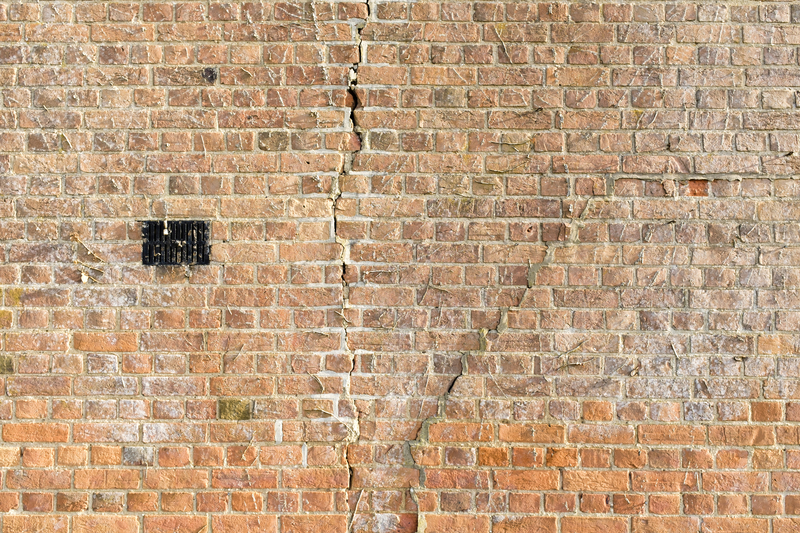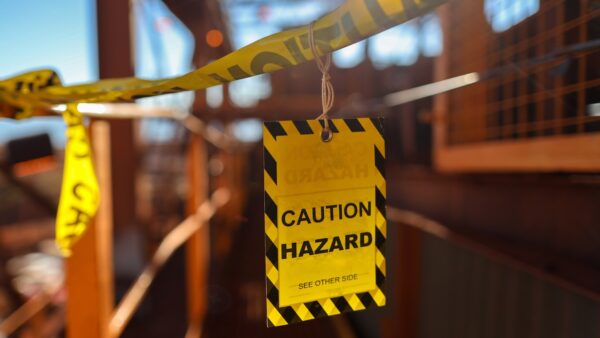
Extended periods of record-breaking summer temperatures have resulted in subsidence “surge years”, a new report by the Institution of Structural Engineers (IStructE) shows.
This, in turn, has resulted in “waves” of significant property insurance claims.
Subsidence is caused when changes happen to the ground that supports a building’s foundations. It includes shrinkage of clay soils, softening of soil, or collapse of mine workings.
These changes can only happen as a direct result of an external factor, such as a change in groundwater level, leaking drains, extremes of climate change and adjacent excavations.
A costly ground hazard
IStructE’s Subsidence guide defines “surge years” as years when more than 50,000 subsidence claims are submitted. They include 2003 and 2006, with significant activity in 2010, 2011 and 2022.
It says that, as the climate continues to change with warmer, wetter winters and hotter, drier summers, there is an expectation of an increasing number of properties at risk from ground movement.
As a result, the financial services sector is paying more attention to the impact of climate change on subsidence modelling.
John Patch, a subsidence expert and chair of the guide’s contributor group said: “Subsidence is one of the costliest ground hazards in the UK, with the Association of British Insurers recording thousands of claims annually. These can be complicated because many parties are involved in the discovery and the completion of remedial works.
“As structural experts, our role is to assess the subsidence and create a balanced and fair presentation of the facts. We look at criteria such as the age of the property, the significance of the cracks, and consider if there are leaking drains and whether the property is on subsidence-sensitive soil through the study of geological maps and other data.”











